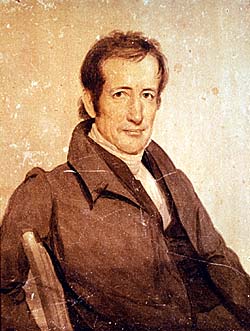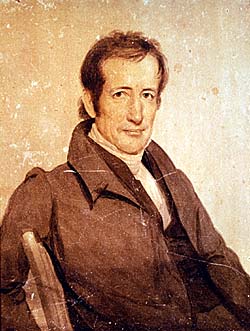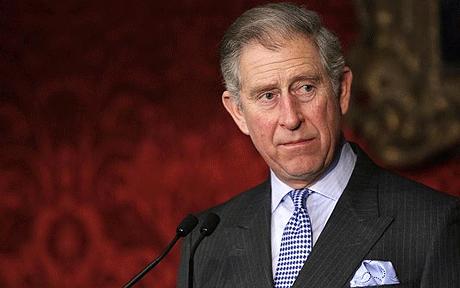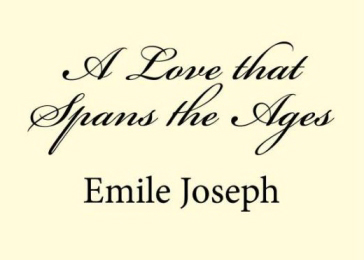
Nathaniel Beverley Tucker (1784 – 1851) US author, judge, legal scholar and Southern political essayist.
“Moral behavior, a central component of society, rested on the strength of the will. Tucker called the human will ‘the master of DESTINY.’ For Tucker, knowledge alone, the realm of the intellect, was insufficient to shape human action and to prevent the free reign of the passions. In order to perform his duty, the individual had to will it, to choose it. By the will Tucker did not mean ‘slight and frivolous acts of volition,’ but rather moral choices. Using the Biblical example of King Solomon, he illustrated his point: ‘He who chooses wisdom in preference to beauty, and strength, and wealth, and grandeur, and power, was already wise.’ Tucker did not argue that the intellect and will necessarily opposed each other, but that without the will to choose what was true, the intellect was impotent. The primacy of the will affected Tucker’s worldview by leading him to focus on the ‘heart’ as superior to the ‘head,’ causing some scholars to note the influence of Romanticism on him. God, Tucker said, demanded of man the subordination of his heart. God disciplined man through suffering to purge his heart of the selfishness of self-love. Once purged, the individual could decide to subject himself to the divine commands. Thus for Tucker, man needed both self-knowledge to understand his weakened condition and self-control to harness his will to the Truth. Without self-control, a pure heart, and a strong will, Tucker insisted that there was no real freedom. Freedom, in one sense, was ‘an affair of the WILL.’ It was inextricably linked to the performance of duty and the recognition of Truth. He concluded that ‘the people to whom the allurements of ease and luxury and splendor are without temptation, and death itself without terror when encountered in the cause of freedom – that people is ALREADY FREE.’ Being partially the act of the will, freedom was a moral state.”
▪ Adam L. Tate, Conservatism and Southern Intellectuals 1789-1861 (Missouri, 2005) extract from pages 190 through to 191.





Leave a comment